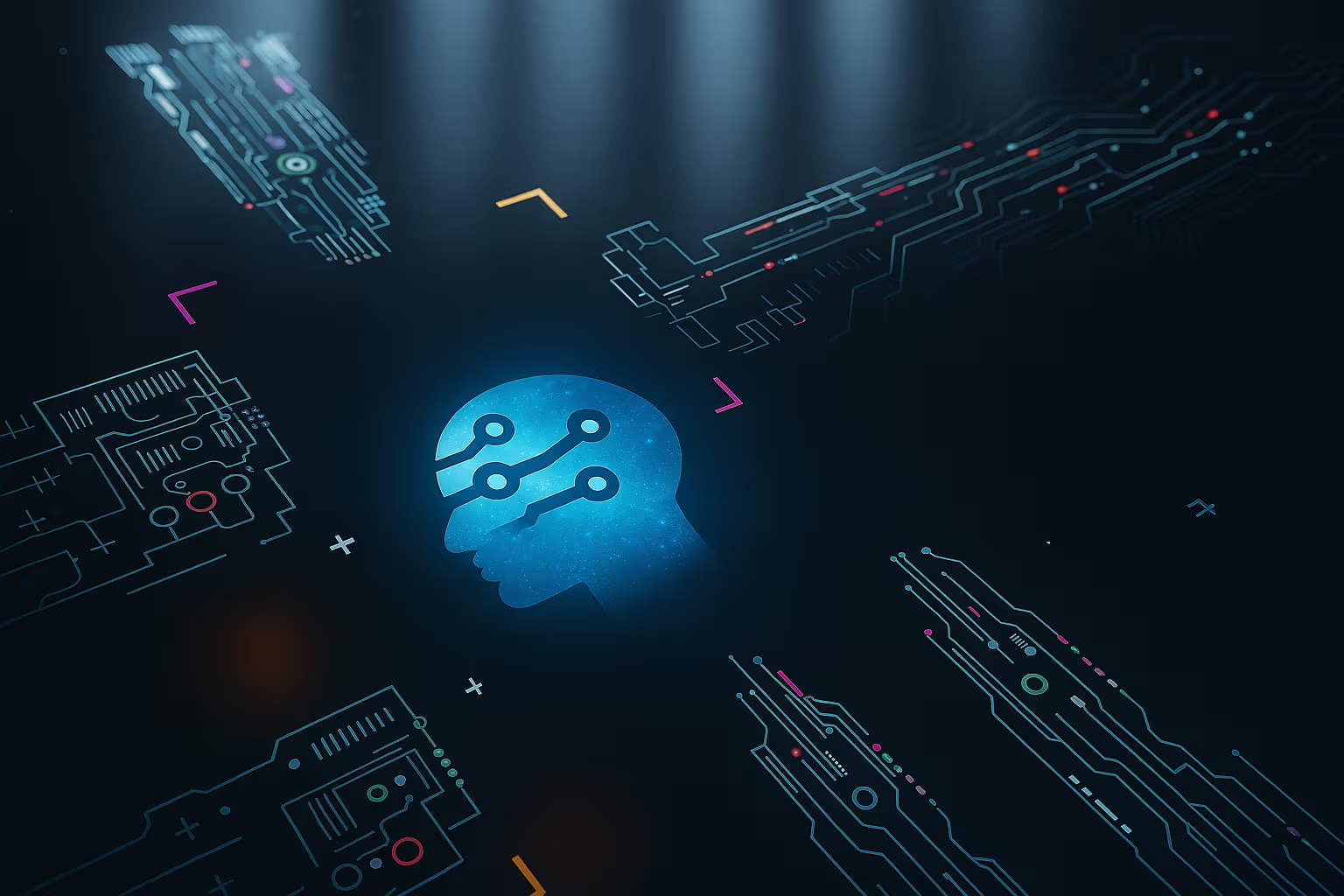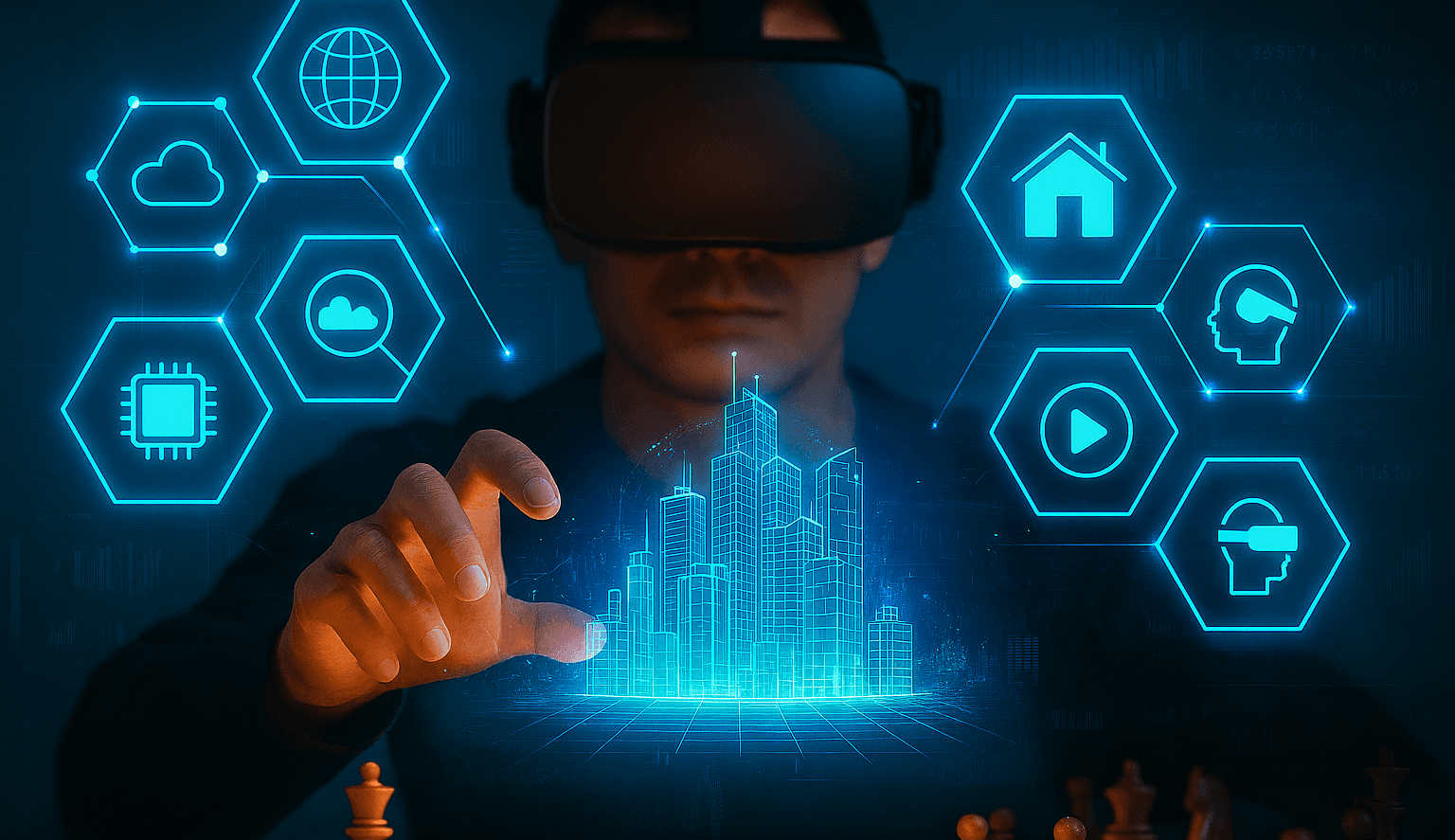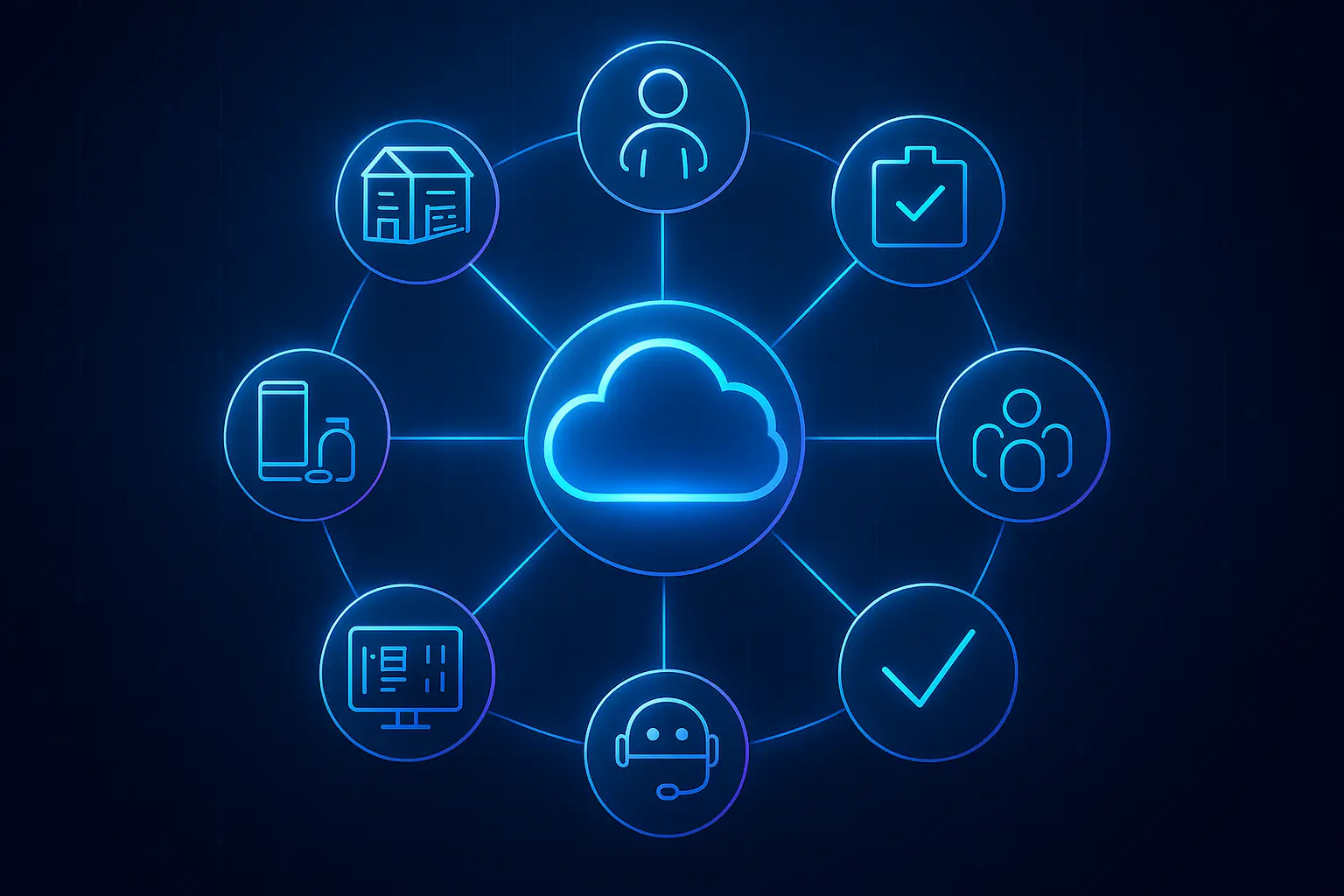Our Micro-Degree Programs
Search & Filter Programs

AI Ethics in the Digital Economy
This module offers a comprehensive introduction to the ethical, social, and governance challenges that arise in the use of data and artificial intelligence, tracing the historical development of data ethics.

AI-Powered Business Innovation: From Automation to Entrepreneurship
This micro-degree teaches how to use AI to drive business innovation, digital transformation, and new ventures, moving from basic AI literacy to designing and pitching viable AI-powered business models or transformation strategies.

Advanced Deep Learning
Learn the foundations and evolution of neural network architectures, from early neural networks and CNNs to Transformers, large language models, and AI agent systems.

Applications of AI
This course provides the students with hands on experience solving a complex, yet limited problem in its scope. Instead of recognizing faces or fingerprints in an open population, the problem is solved for a limited population of individuals.

Big Data, Software Systems, Cloud Computing
Big data and cloud computing are leading edge IT technologies that team together as key enablers for today’s IT industry with its emerging AI-based solutions.

Building Virtual Worlds and Simulated Environments
This module introduces students to the theoretical and technical foundations of immersive virtual world design, using tools like Unity to integrate geometry, lighting, physics, rendering, and interaction systems.

Coding Camp I: Fundamentals
This course introduces students to software development using Python. It covers basic coding, object-oriented programming, Django, and key practices like agile methods, version control, and clean code.

Coding Camp II: Interactivity
This course introduces students to software development using Python. It covers basic coding, object-oriented programming, Django, and key practices like agile methods, version control, and clean code.

Communication Design for Cybersecurity
A captivating exploration into the human side of cybersecurity, blending design, psychology, and communication techniques. Discover the full spectrum of communication, including multi-sensory design and innovative security solutions.

Complex Problem Solving
This course addresses the multifaceted challenges of digitalization and digital transformation across various sectors. It emphasizes the importance of understanding and managing the interrelated elements inherent in these complex issues.

Complex Problem Solving and Design Thinking
This course is part of the Rootcamp onboarding program and prepares students to tackle complex, real-world challenges through a blend of theory, methodologies, and collaborative practice.

Computer Forensics
Investigate, analyze, and report on digital evidence in a systematic and legally sound manner. Learn to apply forensic tools and techniques across diverse environments including computers, mobile devices, cloud platforms, and networks.

Cybersecurity Fundamentals
This course equips participants with essential knowledge and skills to navigate the rapidly evolving field of cybersecurity. It provides a foundational understanding of key concepts such as the CIA triad common threats, and attack vectors.

Data Analytics and Decision-Making
This module provides advanced knowledge about the struc-ture and analysis of large amounts of data and how this is to be used in decision-making processes.
.jpg&w=3840&q=75)
Deep Learning (ML II)
Most advanced AI applications being developed and deployed today rely on one or more "deep learning" models. In this course, students will learn to construct deep neural networks, with or without attentional components.

Design Thinking
This module is part of the “Rootcamp” which onboards students to the program, the teaching and learning methods. It teaches the principles, techniques and processes of Design Thinking, a user-centric approach to generating innovations.

Digital Age Leadership and Innovation Management
The module focuses on advanced theoretical as well as practical frameworks and methods for leadership in the digital world as well as the required change management tools to achieve digital transformation within an organization.

Digital Business Models & Venture Building
Digital Business Models play a fundamental role in an organization for realizing new ways of value creation for customers and remaining competitive in an increasingly digital world.

Digital Ecosystems and Platform Economy
Explore the transformative impact of digital ecosystems and platforms on the contemporary business landscape. Examine how these interconnected systems create value, reshape market dynamics and challenge traditional business models.

Digital Management & Human Resources
Learn theoretical and practical frameworks for managing digital transformation and its impact on work and organizational structures, examining how data-driven strategies, human-AI collaboration, and algorithms reshape workforce dynamics.

Digital Transformation in Public Service
While private organizations often have more tangible drivers – growth, profit, market share – to push their digital transfor-mation, governments and public services also need to trans-form because of their purpose.

Entrepreneurial Finance and Innovation
Delve into the intersection of entrepreneurship, finance, and innovation, exploring how funding mechanisms and financial strategies are integral to the growth and success of innovative start-ups.

Explainability in AI Systems
This course addresses the challenges of building ethical and trans-parent AI-backed systems across various sectors, introducing explainability techniques in AI and machine learning (explainable AI, XAI).

Identity Management and Authentication
This module aims to provide a holistic view of the security engineering approaches and methods used to ensure authorized access to data and systems.

Immersive Technologies
This module aims to provide a comprehensive understanding of how immersive technologies create engaging and interactive experiences by blending the digital and physical worlds.

Information Security Management
The goal of cybersecurity is to identify cyber risks and reduce them to an acceptable level. From a strategic view, an organization’s cyber-security program and cyber risk management must fulfill five core functions.

Logic and Symbolic AI
This module is an introduction to logic and symbolic AI. We introduce the principles of computational logic and the fundamentals of the logic programming paradigm as exemplified by the Prolog language.

Machine Learning and Analytics
Decision-making is empowered by (big) data through the use of machine learning and data analytics principles.

Multimodal Interaction and Sensor Integration
Delve into the principles and applications of sensory interactions and haptic feedback in creating immersive experiences. Explore the physiological foundations of how humans perceive and integrate multiple sensory inputs, with a focus on touch (haptics).

Natural Language Processing
An introduction to the current state-of-the-art techniques in the area of Natural Language Processing (NLP), namely Large Language Modules (LLMs), which form the core of modern Artificial Intelligence (AI).

Probabilistic Graphical Models
This module is part of the “Rootcamp” which onboards students to the program, the teaching and learning methods. It teaches the principles, techniques and processes of Design Thinking, a user-centric approach to generating innovations.

Project Management and Entrepreneurship in Digital Reality
This module is part of the “Rootcamp” which onboards students to the program, the teaching and learning methods. It teaches the principles, techniques and processes of Design Thinking, a user-centric approach to generating innovations.

Software and Application Security
Software systems and web applications are being used in more and more scenarios. As a result, these systems are becoming more complex, and the security of these software systems is becoming increasingly important.

Strategic Management and Entrepreneurial Transformation
Within fast changing environments, a strategic perspective is fundamentally important for setting the right directions for future developments of companies.

Systems & Network Security
This module examines the characteristics of systems and networks to identify attack vectors and vulnerabilities, then explores security concepts and their practical application to address these threats.

Understanding and Designing the Digital World
This course provides an advanced understanding of digital technologies and focuses on digital media, and the fundamentals of the Internet, the WWW, and emerging digital technologies.
Accredited by Leading Organizations



